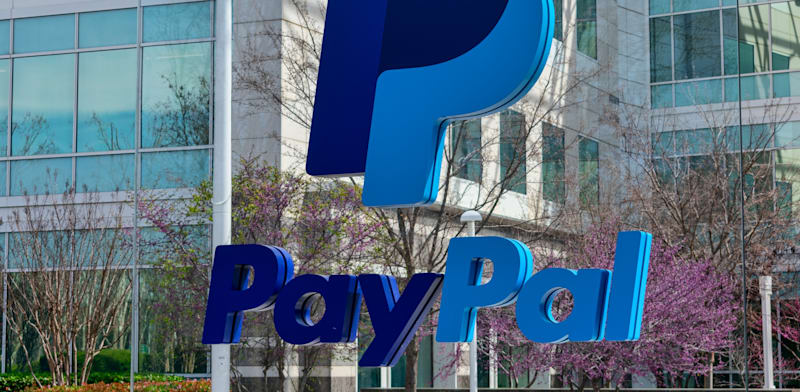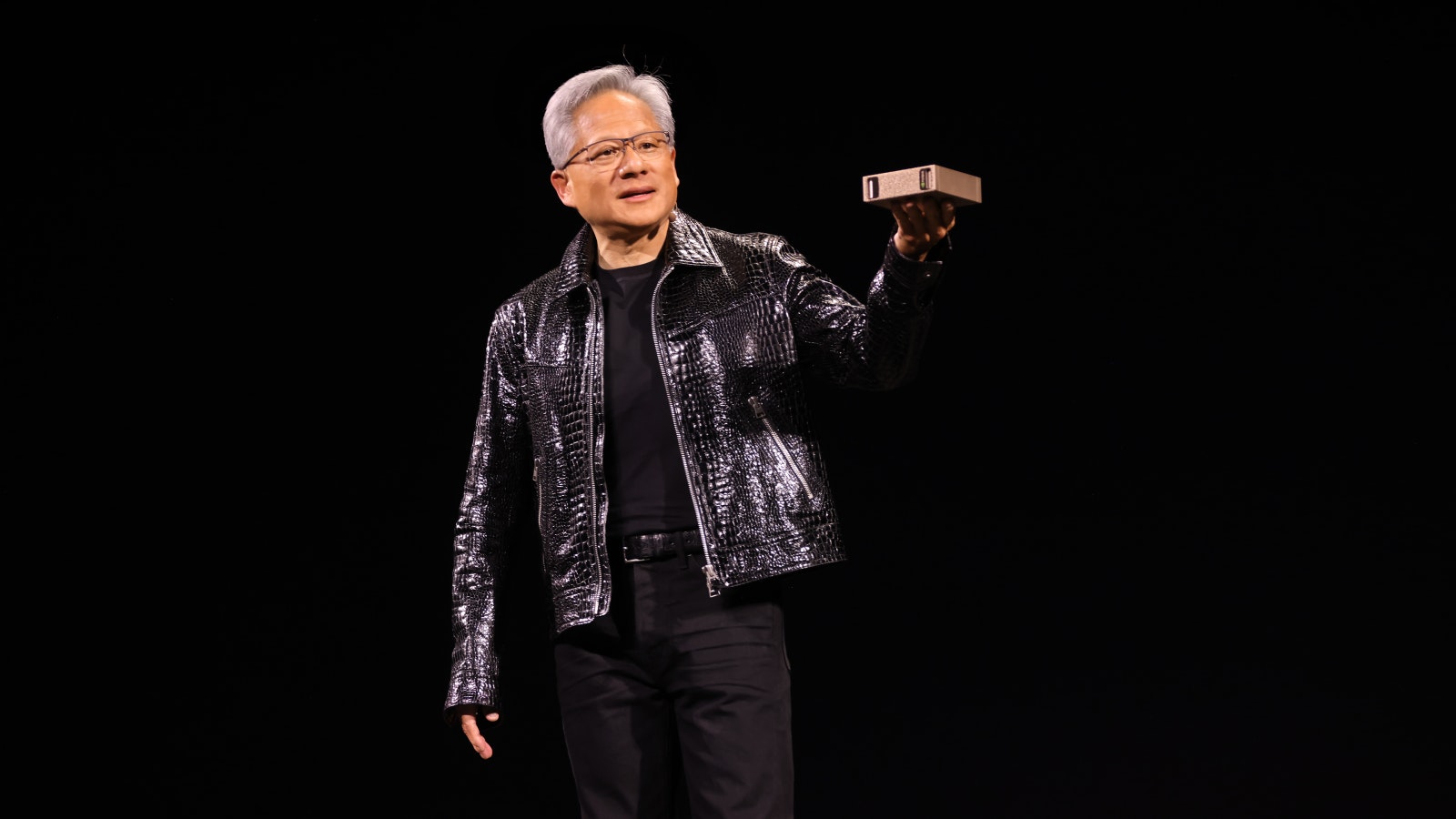Artificial intelligence and the emergence of generative AI are shifting how humans and machines interact. This is resulting in two focus areas for chief information officers as AI becomes an enterprise initiative, not just an IT initiative, according to Gartner.
Gartner suggests that enterprises must prioritise two areas to leverage the possibility of AI over the next 12–24 months—decide their AI ambition and become AI-ready.
“Machines are evolving from being our tools to becoming our teammates. By 2025, GenAI will be a workforce partner for 90% of companies worldwide,” said Gabriela Vogel, senior director analyst at Gartner.
Vogel added that CIOs have a major role in how they shape AI and how AI shapes us. According to a Gartner survey of chief executive officers, CIOs are their number one choice to unlock the value of generative AI.
Decide Your AI Ambition
According to Gartner experts, there are two kinds of AI:
-
Everyday AI, which is focused on productivity. The machine is a productivity partner, which enables workers deliver faster and more efficiently. Currently, a majority of CIOs and technology leaders are focused on the opportunities of everyday AI. “Everyday AI will go from dazzling to ordinary with outrageous speed. Everyone will have access to the same tools, and it will not provide a sustainable competitive advantage,” said Mary Mesaglio, distinguished vice-president analyst at Gartner.
-
Game-changing AI, which is focused primarily on creativity. “It doesn’t just make us faster or better. Either it creates new results, via AI-enabled products and services, or it creates new ways to create new results, such as with AI-enabled new core capabilities. With game-changing AI, machines will disrupt business models and entire industries,” remarked Mesaglio.
Gartner suggests that CIOs can help their executive peers cut through AI complexity and define their organisation’s AI ambition by examining the opportunities and risks of using generative AI in four areas—the back office, the front office, new products and services, and new core capabilities.
Be AI-Ready
As AI continues transforming the relationship between humans and machines, CIOs must actively shape the nature of this change.
“To navigate decisions about AI in their organisation, CIOs and IT leaders need lighthouse principles—a vision for AI that lights the way and says what kind of human-machine relationships they will and will not accept,” said Mesaglio.
However, few organisations have established principles or a clear vision for AI. A 2023 Gartner survey of CIOs and technology leaders found that only 9% of organisations have an AI vision statement in place, and more than one-third respondents had no plans to create an AI vision statement.
To facilitate swift and safe adoption of generative AI in the next 12 months, Gartner suggests organisations must do three things:
-
Establish AI-Ready Principles: Lighthouse principles must align with organisational values, which must be the guiding light for how humans and machines will interact.
-
Make Data AI-Ready: For data to be AI-ready, it must meet five criteria. It should be secure, enriched, fair, accurate and governed by the lighthouse principles.
-
Implement AI-Ready Security: CIOs should prepare for new attack vectors and work with the executive team to create an acceptable use policy for public generative AI solutions.






































